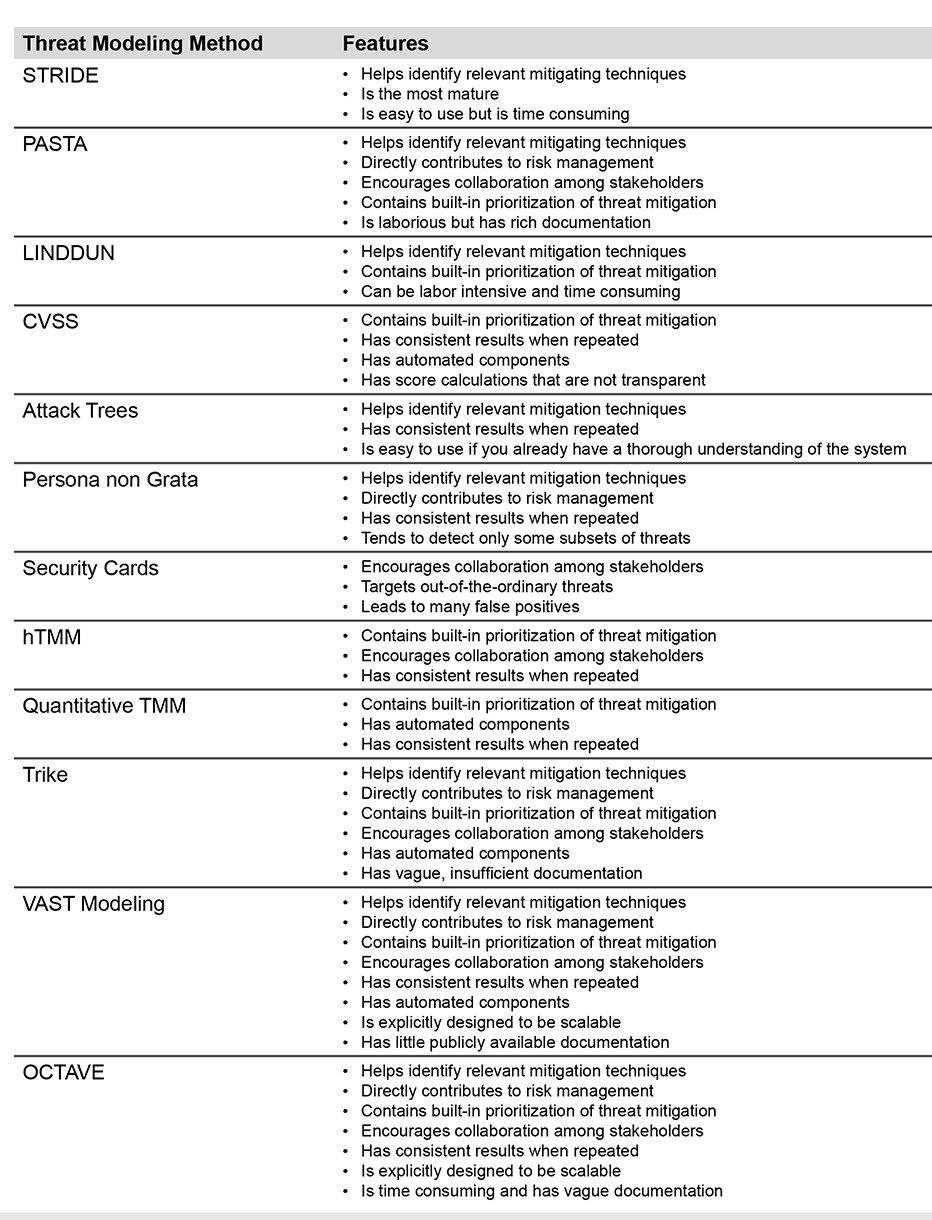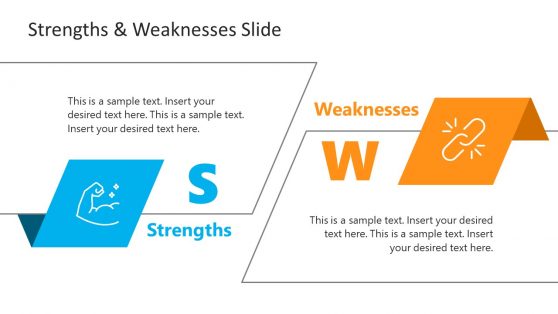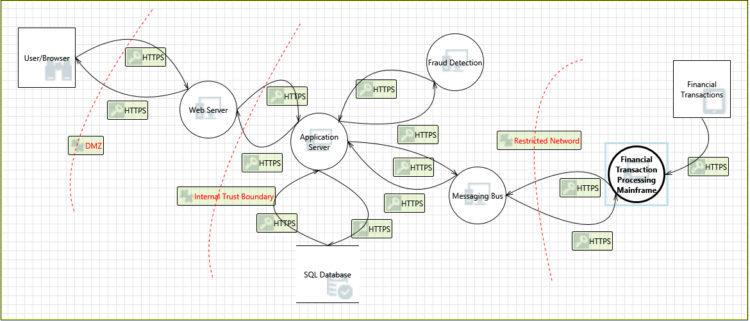
The data flow diagram utilizes three steps: viewing the network as an adversary, characterizing the system, and determining the threats. It is employed in identifying a broad category of threats. The threat modeling process in data flow begins with the creation of a visual representation of the network being analyzed. The various threat modeling methodologies employ two main inputs, which include the data flow and process flow diagram. It is beneficial in helping identify potential attacks to a network as is objectifies to identify weak points in the system. Lastly, the attack graph or tree is in the form of a tree-structured graph having one node, leaves, and multi-children. Furthermore, P.A.S.T.A (Process for Attack Simulation and Threat Analysis) comprises a seven-step methodology that is centered on identifying, enumerating, and scoring threats. It is used to quantify, compare, and prioritize risks associated with the identified cyber threats. On the other hand, DREAD is a mnemonic for Damage, Reproducibility, Exploitability, Affected users and Discoverability. It is used to identify both threats and their feasible mitigation. The STRIDE is an acronym that stands for Spoofing, Tampering, Repudiation, Information Disclosure, Denial of Service, and Elevation of Privilege. Based on literature, the commonly used methodologies comprise the STRIDE, DREAD, TRIKE, and the attack graph or tree (Palanivel & Selvadurai, 2014).


Generally, threat modeling methodologies have been implemented with regards to the attacker-centric, software-centric, and asset-centric approaches. There are several threat modeling techniques.

Threat modeling is defined as the process through which all information affecting the security of an application is captured, organized, and analyzed.

This paper aims to examine the various threat modeling methodologies, processes, in addition to the benefits they provide. As a result, organizations are shifting towards seeking more effective ways of understanding, predicting, and proactively planning for attacks that would happen in the future. Nevertheless, these reactionary mechanisms are time-consuming, expensive, and are becoming increasingly ineffectual because cyber threats are becoming more coordinated and harder to detect (Bodeau, McCollum & Fox, 2018).


 0 kommentar(er)
0 kommentar(er)
